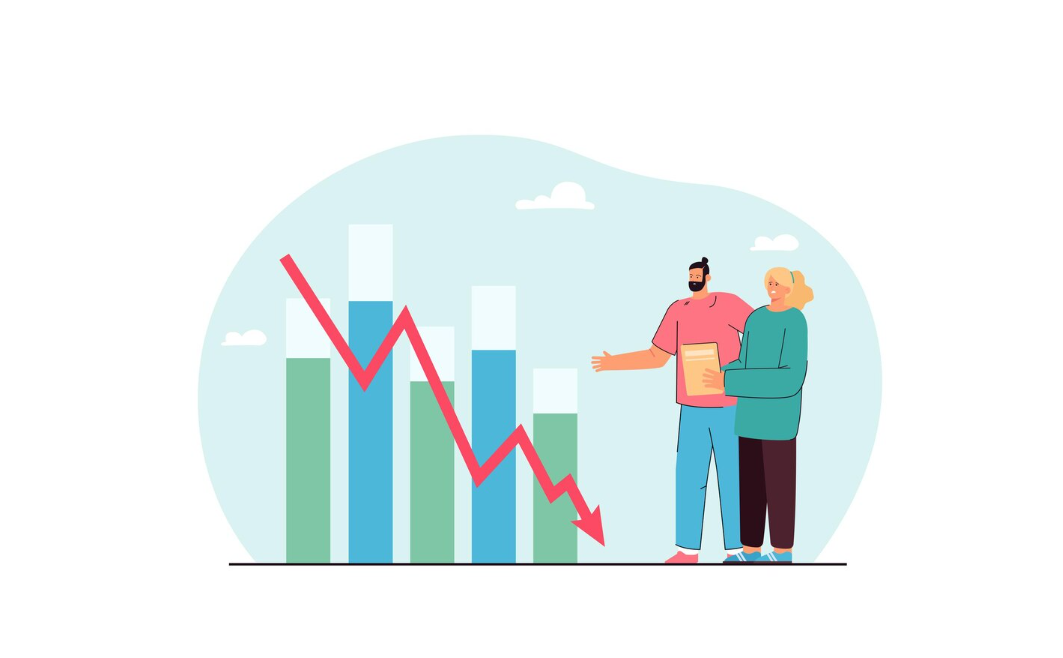
Rupee vs. Inflation: Why the Stock Market is Pakistan’s Best Shield in 2025
The past few years have been a financial rollercoaster for Pakistan. Inflation has remained one of the most pressing challenges for households, businesses, and policymakers. In 2022, inflation touched 27.3%, one of the highest in decades and in 2023, Pakistan experienced another sharp rise with consumer prices surging by nearly 29%. By early 2024, the situation escalated further with food and energy costs driving inflation into double digits month after month. This inflationary spiral eroded the purchasing power of the rupee, leaving ordinary citizens struggling to meet basic needs. A loaf of bread that once cost Rs. 40 now costs over Rs. 100, electricity bills have more than doubled and rents in major cities have skyrocketed. For many saving in cash or even fixed deposits became a losing game, the value of money simply could not keep up with the speed of price increases.
Why Traditional Savings Are Failing
In Pakistan, saving culture has always leaned heavily towards cash, bank deposits, and gold. For decades, people believed these were safe options. But as inflation outpaces the returns on bank savings (currently averaging between 7% to 9%), the reality is stark real returns are negative. A person saving Rs. 100,000 in a bank in 2023 with a 9% annual return ended up with Rs. 109,000 at year’s end. But if inflation was 29%, the actual value of that money fell to roughly Rs. 77,000 in terms of purchasing power. Essentially savers were punished for being cautious. This dynamic has pushed many to question whether traditional savings are still viable in 2025 especially in a country where the rupee continues to weaken against global currencies.
The Stock Market as a Hedge Against Inflation
In times of economic uncertainty, the stock market often emerges as a surprising ally. Unlike fixed income investments stocks have the ability to grow with inflation. Companies raise the prices of their products and services which in turn boosts revenues and profits. As profits increase, stock prices and dividends tend to rise allowing investors to preserve and even grow their wealth.
In 2023 when Pakistan’s inflation peaked, the Pakistan Stock Exchange (PSX) told a different story. The benchmark KSE-100 index surged by over 50% during the year, reaching record highs despite economic instability. Investors who put their money in equities not only protected themselves from inflation but actually saw substantial returns. This performance highlighted a critical truth while inflation erodes the rupee, stocks linked to strong businesses provide a natural hedge.
Real Examples from Recent Years
Take for instance the banking and energy sectors. In 2023, as inflation soared banks reported record profits largely due to higher interest rates imposed by the State Bank of Pakistan. Their stocks surged offering investors returns far above inflation. Similarly, energy companies, despite global oil price volatility, adjusted tariffs and maintained profitability which translated into rising share prices. Those who invested in these sectors were not only shielded from inflation but also grew their capital significantly.
This real world example underscores why stocks are considered inflation friendly. When the cost of living rises, companies pass on higher prices to consumers and investors share in those profits.
The Rupee’s Weakness and the Role of Equities
The rupee’s devaluation against the dollar has been another pressing issue. In 2022, the rupee stood at around 178 against the dollar. By 2024, it had crossed 280, losing nearly 40% of its value in just two years. For Pakistanis relying solely on cash savings, this depreciation was devastating. However, many companies listed on the PSX earn revenue in dollars through exports like textile firms, IT companies, and fertilizer producers. As the rupee weakens, their earnings in local currency terms rise, and so do their stock prices. This makes equities not just a hedge against inflation but also against currency depreciation.
Building Long Term Wealth Through Stocks
While short term stock market fluctuations often scare new investors, the long term picture is clear equities consistently outperform other asset classes. Over the last 20 years, the KSE-100 index has grown by more than 5,000%, compared to modest gains in gold and meager returns in bank deposits. Even after accounting for inflation and volatility, long term investors have consistently built wealth through the stock market. This resilience makes it the best shield for Pakistanis in 2025, when inflation remains unpredictable and traditional savings continue to lose value.
Diversification is Key
To maximize protection, diversification is essential. Instead of putting all capital into one sector, investors can spread their money across banking, energy, technology, consumer goods, and export oriented industries. This strategy reduces risk and ensures steady returns even if one sector underperforms. Exchange Traded Funds (ETFs), mutual funds, and index funds are also gaining popularity in Pakistan, allowing new investors to diversify without needing deep market knowledge.
A Cultural Shift in Investment Thinking
Perhaps the most significant transformation in 2025 is the mindset of Pakistani investors. For decades, financial literacy remained low, and the idea of investing in the stock market was often met with skepticism. However rising inflation and currency weakness have forced people to reconsider. Today, young professionals, entrepreneurs, and even middle class families are looking at equities as a necessity for survival. This cultural shift has been visible in the PSX’s rising trading volumes and an increase in individual investor participation.
The Road Ahead (Stock Market in 2025)
Looking at the broader picture, 2025 offers both opportunities and challenges. Global commodity price fluctuations, political uncertainty, and IMF negotiations will continue to impact Pakistan’s economy. However, as inflation stays high, the stock market remains one of the few reliable shields for the Pakistani rupee. Export oriented industries, renewable energy firms, and technology companies stand out as potential winners this year. Investors who align themselves with these growth sectors may not only survive inflation but thrive in it.
Conclusion
Inflation is no longer a temporary phase it has become a structural challenge for Pakistan. Cash is losing value, bank deposits can’t keep up, and the rupee’s decline shows no signs of stopping. In this reality the stock market stands as the best shield in 2025. By learning, diversifying and investing wisely, Pakistanis can protect their wealth and build a secure future. The lesson from recent years is clear those who embraced equities were rewarded, while those who clung to cash lost ground. The time to act is now because inflation waits for no one.
 (1).png)
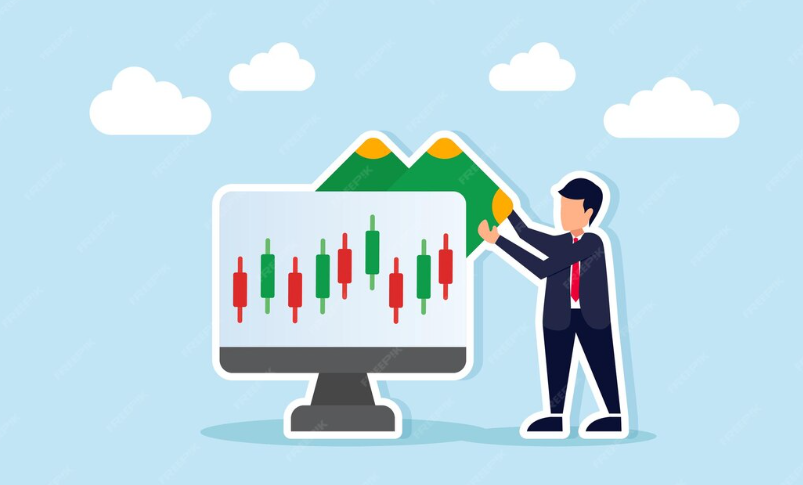

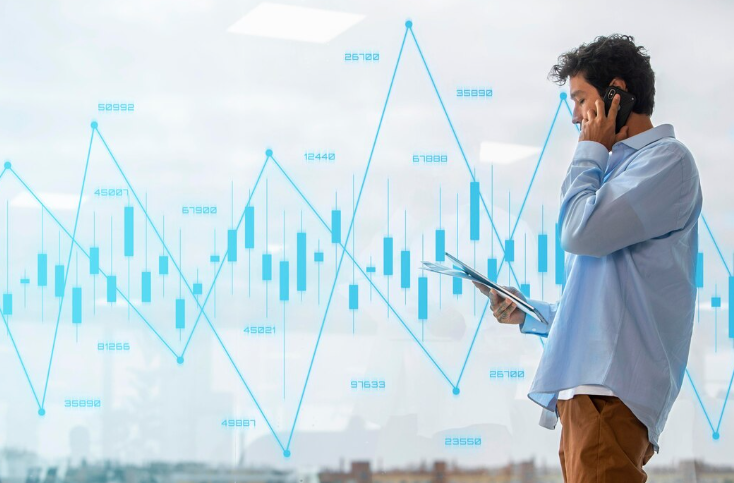

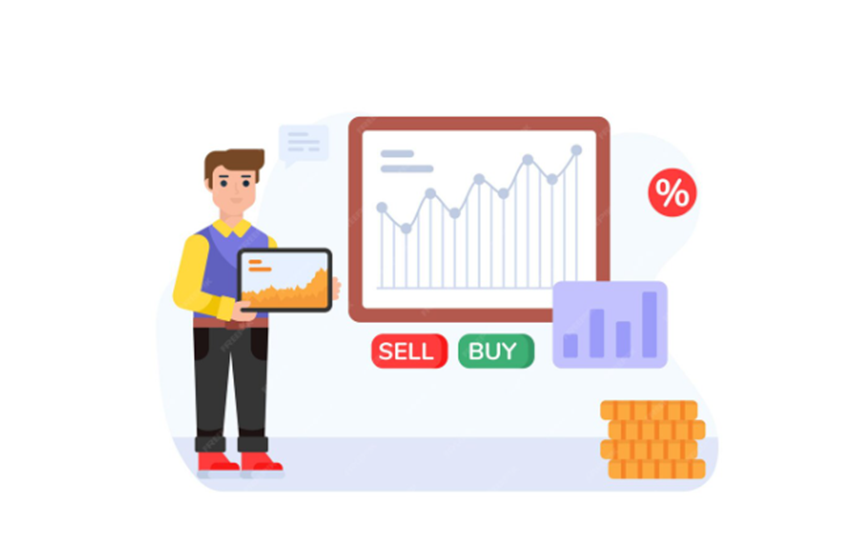


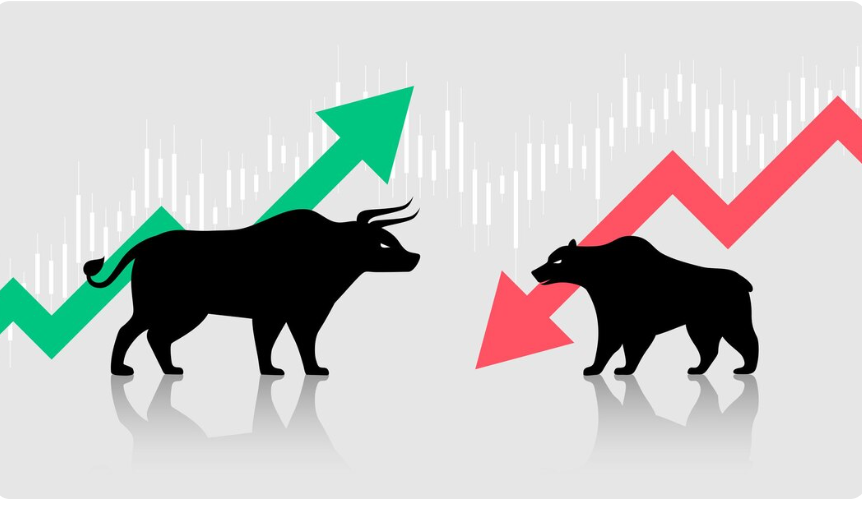

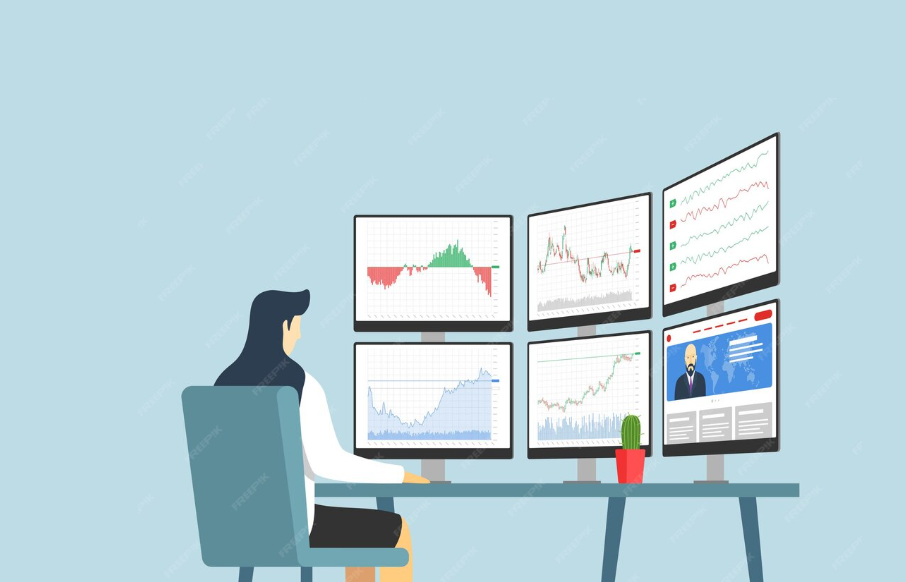
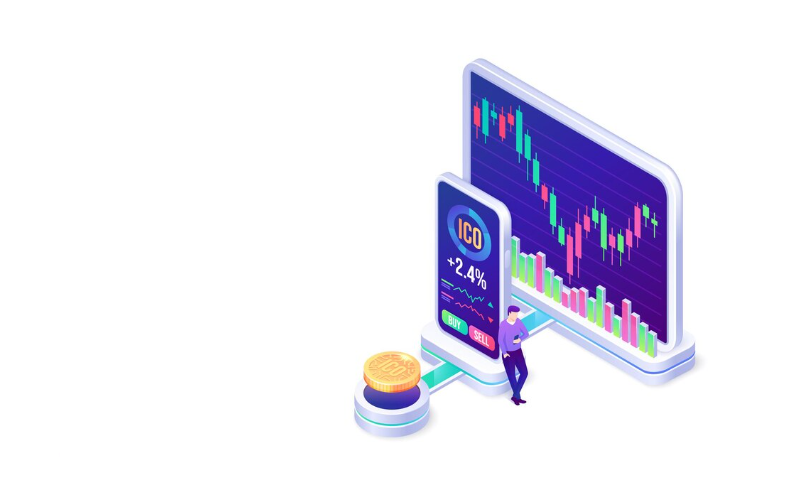
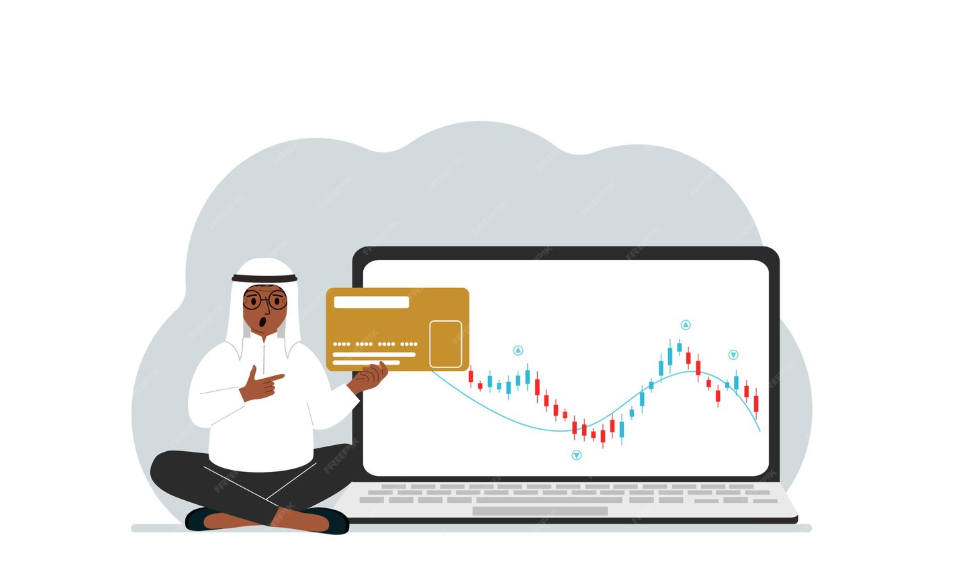

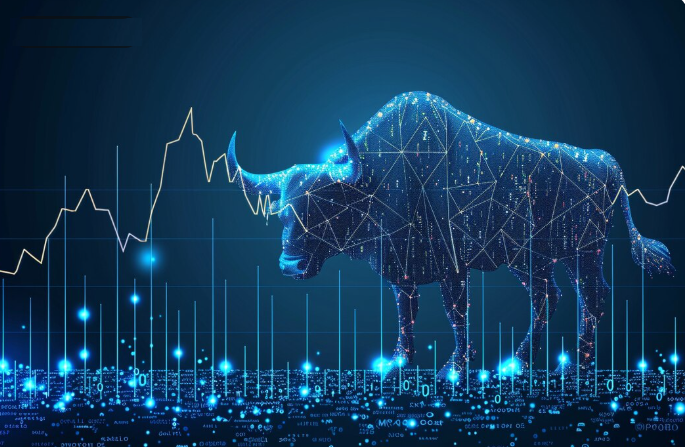
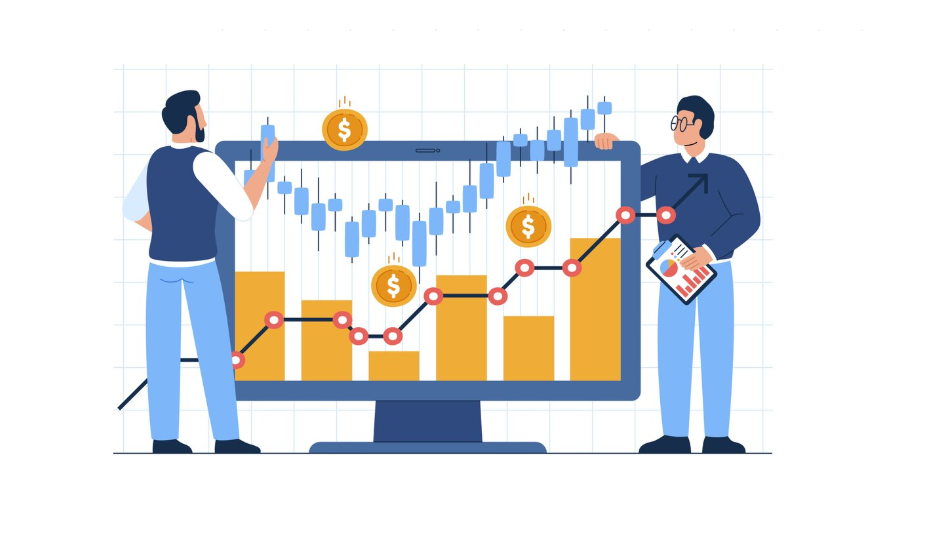
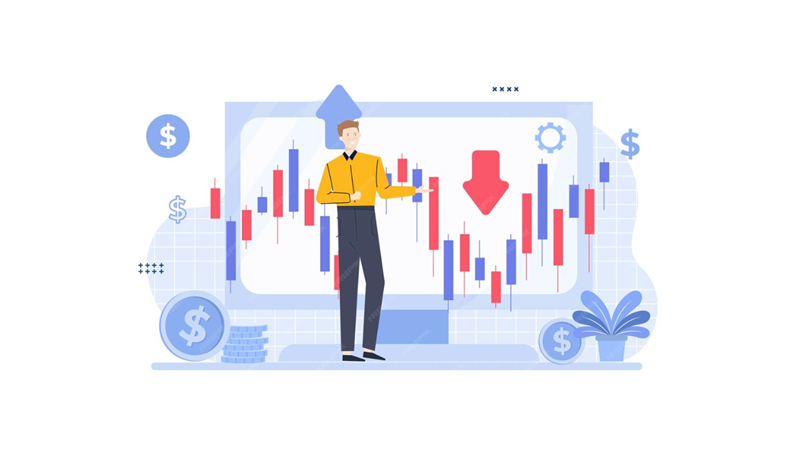




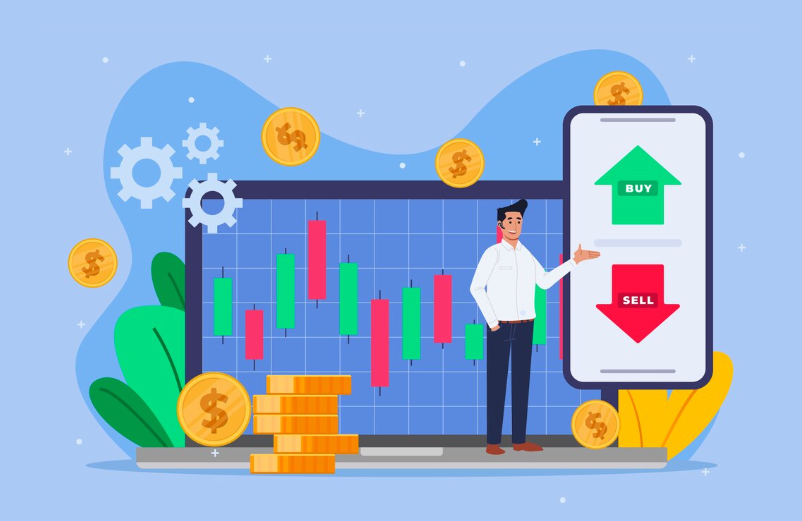
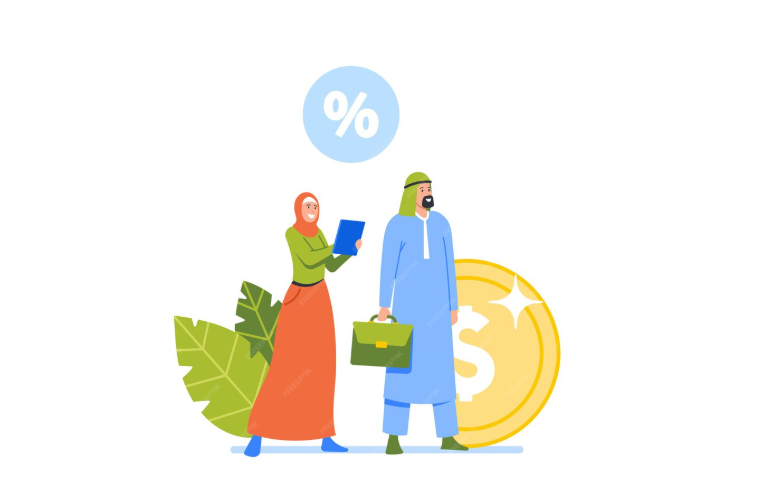
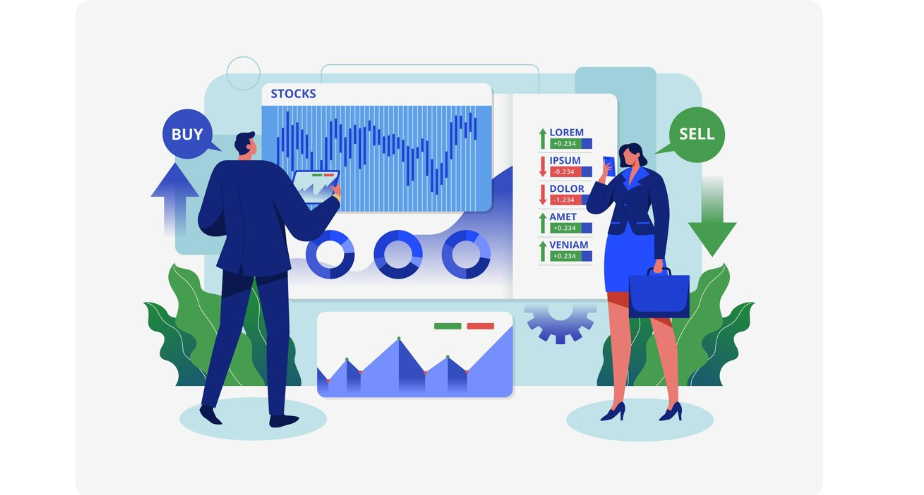
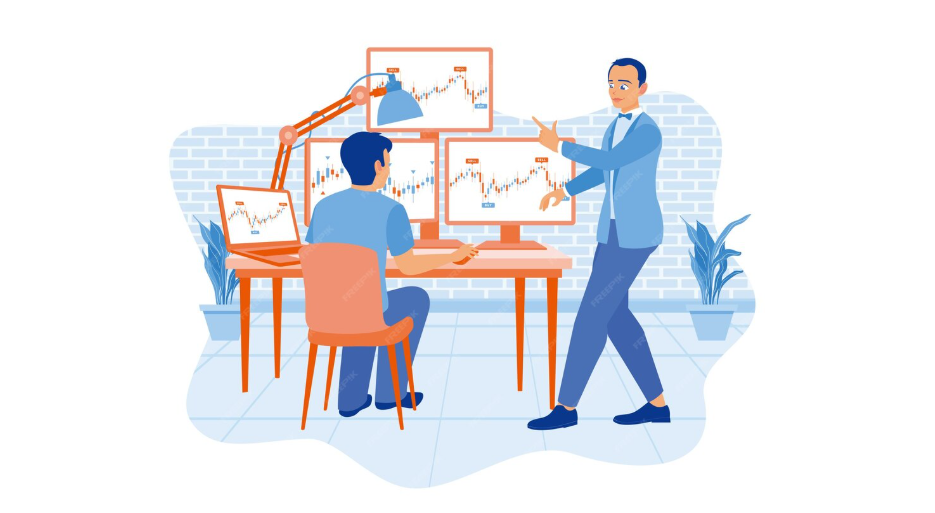





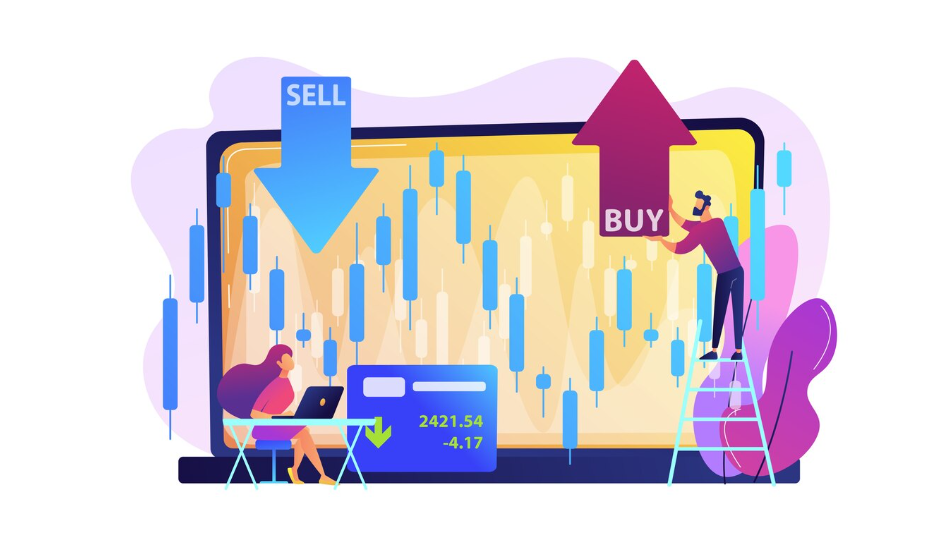
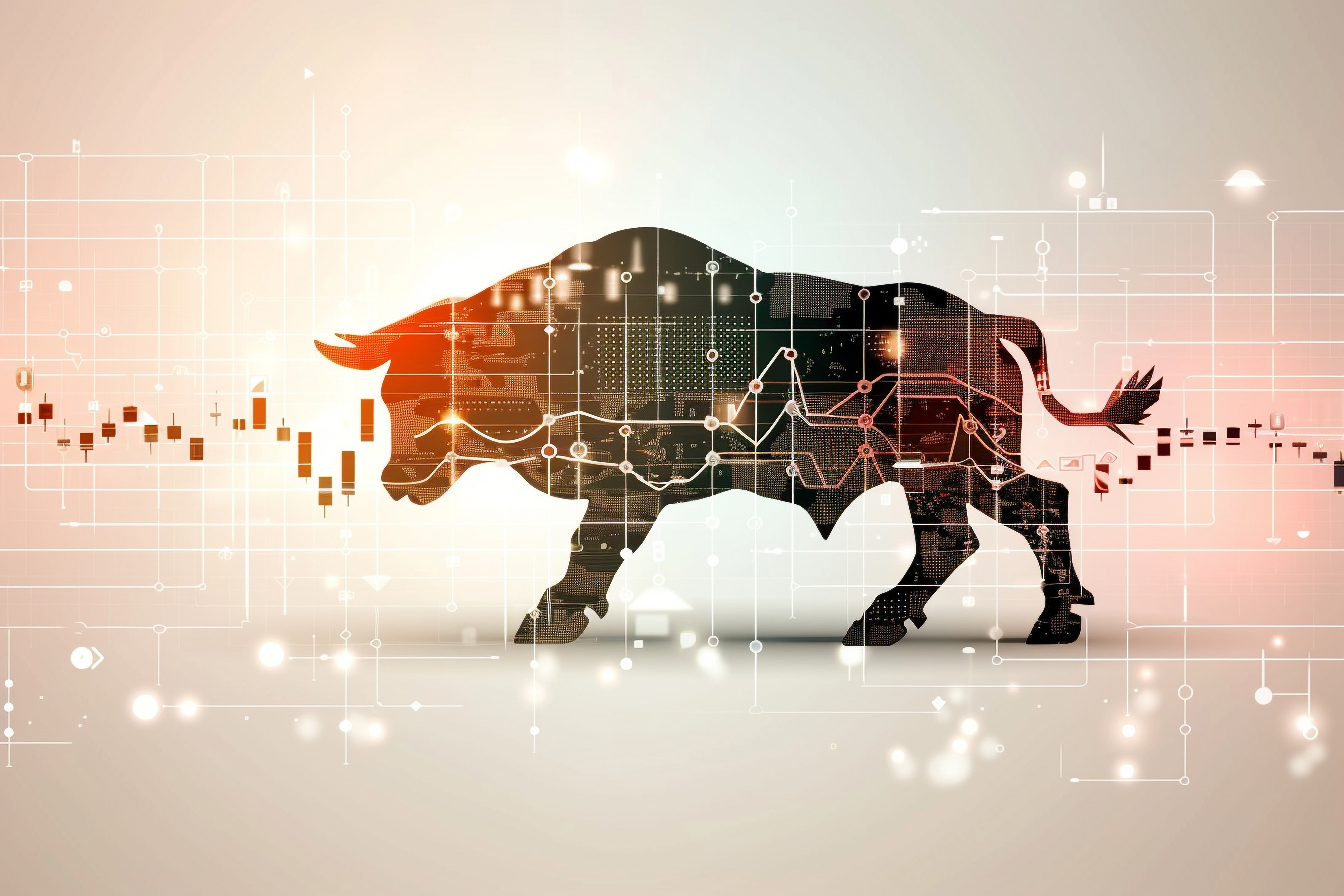

Add a comment